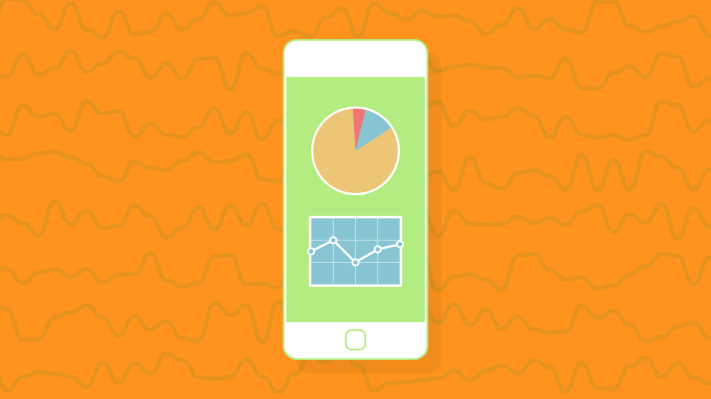The way we do everything has been turned upside down: how we read, how we communicate, how we get from point A to point B, how we eat and how we get help when we need it. We are living through the “re-imagination — of nearly everything,” and we are seeing this re-imagination very clearly within the self-help industry — an industry that was once dominated by headset-wearing gurus and their physical product lines of books, workbooks, VHS tapes and CDs.
Franklin Covey, Louise Hay, Robert Kiyosaki, Susan Jeffers, Wayne Dyer, Tony Robbins, Tom Vu, Deepak Chopra and even Donald Trump guided millions of people on self-improvement journeys.
At its height in 2008, Americans spent $11 billion on self-improvement books, CDs, seminars, coaching and programs. From weight-loss secrets to financial advice, the industry and its gurus hawked everything — sometimes in legitimate ways and sometimes not.
The category as a whole has still had difficulty shedding its predatory reputation. Since 2008, the original self-help book market has shrunk by 50 percent, with much of the business fragmenting online into e-books, videos and content sites.
While some gurus adapted and built online media empires, and some newer tech-savvy players emerged (Gabby Bernstein, Marie Forleo), a whole new generation of startups is revitalizing the industry with self-help apps for our on-demand society. Gone are the days of waiting three weeks for the first open slot with a therapist. Now you can talk to someone easily through an app like coach.me or talkspace.
Unlike empires that revolve around a guru, the new self-help apps revolve around technology and the user. Mobile apps have the unique ability to create an integrated user experience that combines the self-paced nature of books, the rich multimedia experience of CDs, the social excitement of seminars, the mentorship of in-person coaches and the utility of tools and workbooks. We bet you won’t miss the days of driving to Barnes & Nobles and sheepishly ducking into the self-help section to find a title.
Together with a more integrated user experience, the new self-help apps are cleaning up the industry by offering increased transparency and accountability for their promised benefits (not to say they aren’t controversial at times). Part of this accountability is the recurring subscription revenue model, which allows users to “pay as you go.” No more $10,000 seminars.
Entrepreneurs are thinking about self-help more holistically.
In addition to apps that connect users to expert help, we’re seeing a rise in self-help apps that quantify and optimize wellness. The granddaddy app in this realm is Lumosity, the brain wellness trainer that set an example for the whole industry around user experience, business model and customer acquisition strategy.
The Quantified Self collection on Product Hunt offers a good glimpse into what’s next. Entrepreneurs in this space are thinking about self-help more holistically, beyond just wanting to lose weight (Fitbit) or save money (Mint). Emerging apps are tackling mental wellness (Happify), emotional wellness (Stigma), spiritual wellness (Headspace) and relationship wellness (Mend).
Consumer adoption of self-help apps appears to be accelerating, given their proliferation and strong performance in app-store rankings. Collectively, we are tracking more than 100 apps in the self-help category; only 10 percent are venture funded. Roughly $200 million in venture capital has been invested in these few companies, with the top three representing more than 50 percent of that capital.
Perhaps not surprising given the success of Lumosity, the majority of capital is invested in brain and memory fitness, which, ironically, was not a significant category back in the 2000s (anyone remember Mega Memory?).
Venture investment is still concentrated in a few players. We believe investment activity in this space is about to ramp up as top-ranking apps start fund raising, and entrepreneurs start poring through different legacy categories to launch “Lumosity for X” startups.
Given the more sustainable marketing and business model of these startups, combined with the proliferation of mobile devices and the affordability these options offer compared to traditional self-help, a lot more than $11 billion is at stake.
